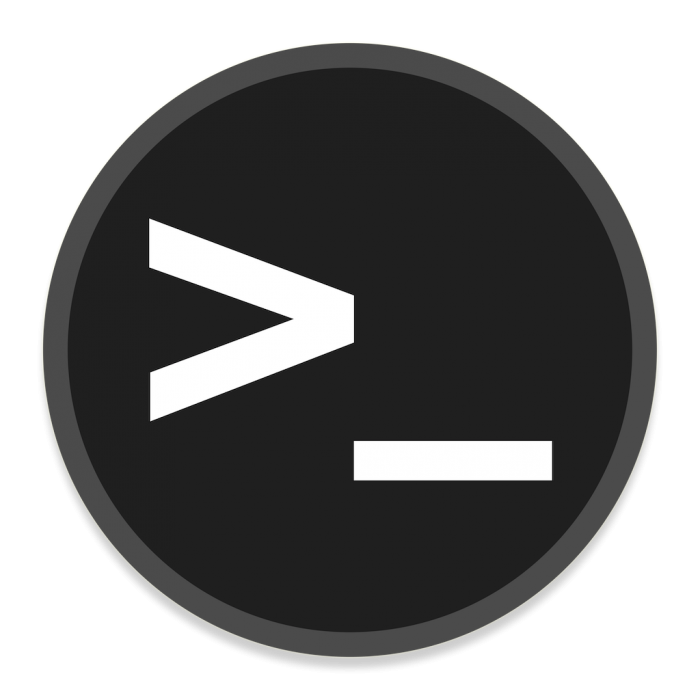Any extra tips or tricks are welcome!
Yesterday I learned that set -x enables trace for a bash, sh, or zsh script and prints the trace to the terminal.
Always partial to yq and jq. No easier way to interact with kubernetes outputs on the fly.
Don’t forget about fq!
How I have never heard of yq, I’m unsure, but thank you as I’m sure it will make life easier
In Bash, I like to use cdargs
sudo apt-get install cdargs
It allows you to set up shortcuts on the fly,
cv sdbackup
rather than cd /media/user/Backup Plus/ MyFiles/current/sdbackup
cv with no argument will give you a list to select from current shortcuts
Of those mentioned, this one intrigues me most. Thanks!
My answers (mostly running in powershell - not that it makes much of a difference!)
Rust-based utilities I couldn’t live without:
fd(fd-find) for finding my filesrg(ripgrep) for string searchessd(sed) for search and replacedust(dust) for information about my directorieslsd(aliased tolsorl) for replacingDirbat(better cat) - for when the help pages are too long
Other stuff I love:
pv, which is like cat, simply copying files or stdin to stdout, but prints statistics to the terminal.
A related tip:
ddisn’t special in the way most people use it. This works too, if you’re root:pv my-fav-distro.iso > /dev/sdcI really like jless. You can pipe the JSON output of a cURL command into it and it displays it in a really nice, easy to read way with collapsible arrays and objects.



